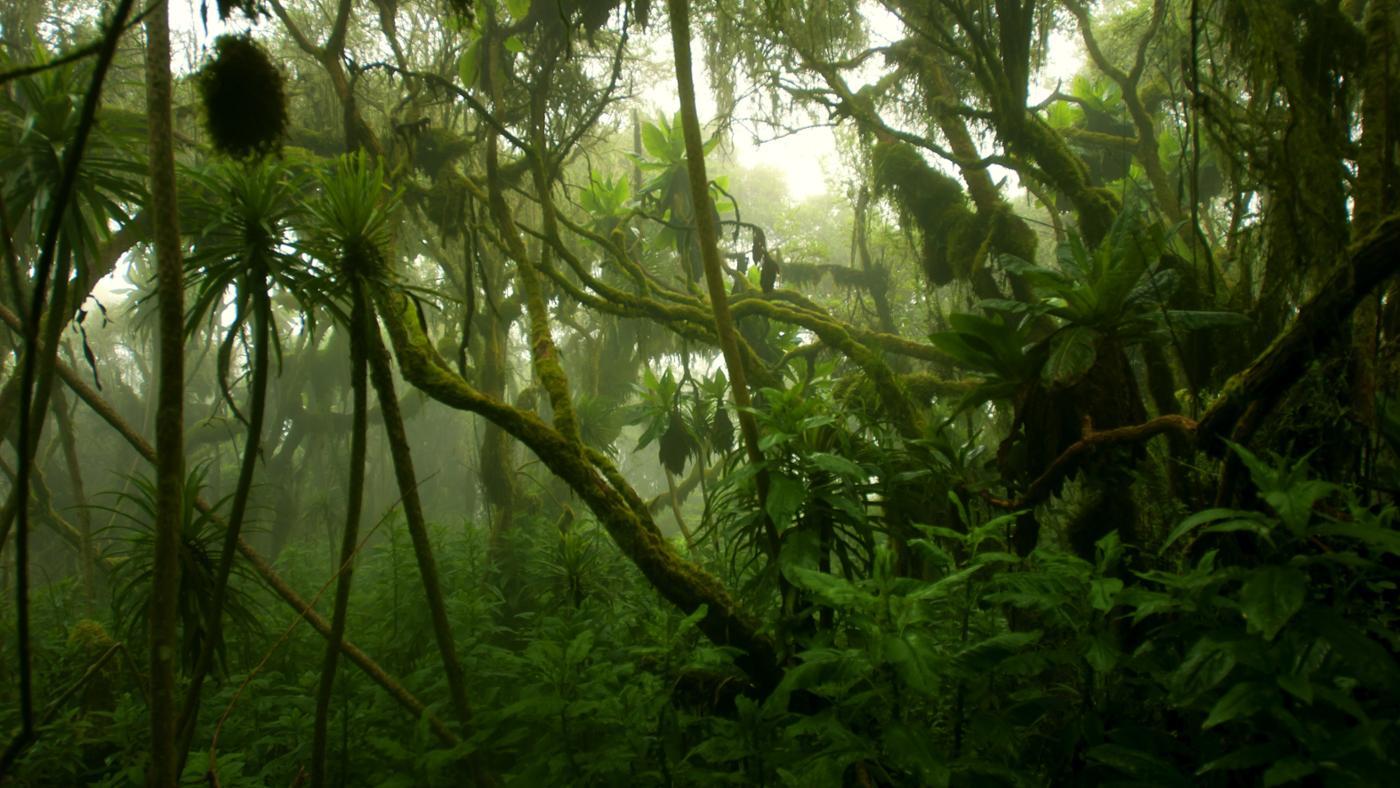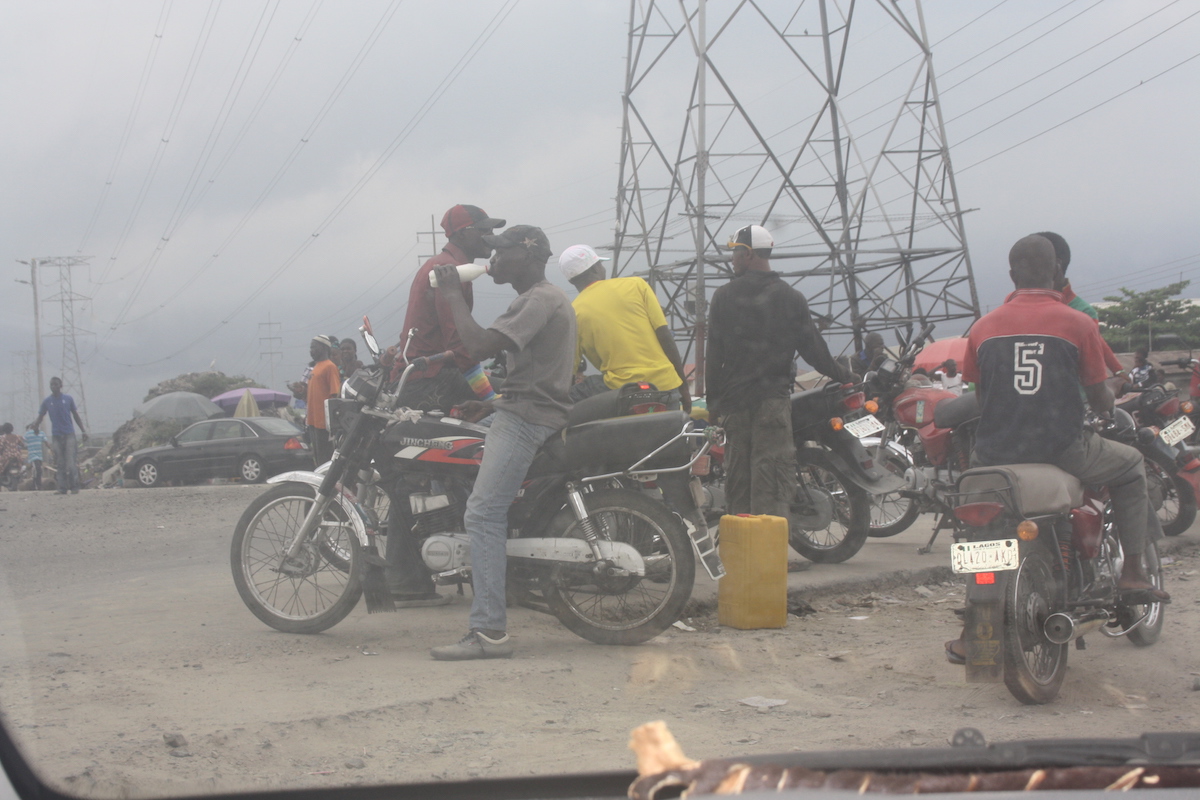
In a new study released at a press briefing today, researchers identified significant flaws in ambitious forest preservation projects underway in a densely-forested region of the Democratic Republic of the Congo (DRC), where a decision on future investment by the World Bank’s Forest Carbon Partnership Facility (FCPF )[1] is imminent.
The DRC province of Mai-Ndombe has been a testing ground for the international climate schemes designed to halt forest destruction, reduce greenhouse gas emissions and reward the indigenous and other local peoples who care for the forests and depend on them for their food and incomes.
But the new study released today by the Rights and Resources Initiative (RRI) reveals that the climate funds known as REDD+ risk harming their intended beneficiaries, while failing to stop deforestation in the province where an estimated US$ 90 million has been either dispersed or committed to projects.
“Our findings show that DRC is not yet ready for REDD+ investment,” said Andy White, coordinator of the Rights and Resources and Initiative (RRI).
“Our report analyzed 20 existing and planned projects in DRC and concluded that projects already underway are not respecting the rights of local peoples or delivering on their goal of protecting forests.
The evidence from other countries shows that REDD+ and similar payment schemes will work only if governments recognize and support community land rights.”
Citing weak recognition of community land rights in the province, as well as an environment of corruption and poor governance, the authors argue that channeling additional investments into the area for REDD+ programs would exacerbate conflict and fail to protect the forests.
The findings come at a particularly urgent moment, as the countries that fund the World Bank’s Forest Carbon Partnership Facility (FCPF) prepare to make a decision on a payment agreement that would insert millions of dollars into REDD+ programs in DRC.
Funders of the FCPF are planning to approve the payment agreement with DRC within the year—the final step before funds are dispersed and implementation begins. DRC, which contains the majority of the world’s second biggest tropical rainforest, would become the first country to sign a payment agreement with the World Bank under REDD+.
“If the program in Mai-Ndombe is approved without ensuring that local peoples’ rights are respected, it would set a terrible precedent for REDD+ and make a bad situation worse,” said Alain Frechette, researcher and director of strategic analysis at RRI.
“Strong indigenous and community land rights and a clear understanding of who owns forest carbon are vital prerequisites for climate finance to succeed in its goals of reducing poverty and protecting forests.”
The report also finds that projects already underway—among them those funded by Wildlife Works Carbon, Novacel, the World Wildlife Fund, and the Forest Investment Program—have not adequately included communities in governance of the projects, nor have they made plans for benefiting the forest peoples. Instead, the authors reported, the lack of legal safeguards and accountability in the current system could channel benefits from REDD+—legally and illegally—to private sector representatives and others with little incentive to champion forests or local peoples.
A second paper released today by RRI analyses the legal systems of 24 of the 50 developing countries preparing to participate in the global carbon market, revealing that only five have established national legal frameworks to regulate their trade in carbon. So far, none of the 24 countries has set up a system for sharing the benefits earned on the carbon market with local forest communities, despite evidence that the best guardians of the forests are forest peoples themselves.
“It is crucial that the 17 countries working on draft legislation regarding carbon rights—and other countries preparing to enter the carbon market—protect and enforce the rights of forests peoples,” Frechette said. “Otherwise, they risk displacing thousands of people and fueling the violence and deforestation that is usually associated with the expansion of agro-industry and mining operations.”
The DRC study, Mai-Ndombe: Will the REDD+ laboratory benefit Indigenous Peoples and local communities? is the first-ever to analyze the 20 climate finance projects planned or underway in the province. Home to 1.8 million people, the Mai Ndombe holds 10 million hectares of forest and the world’s largest wetland of “international importance.”












